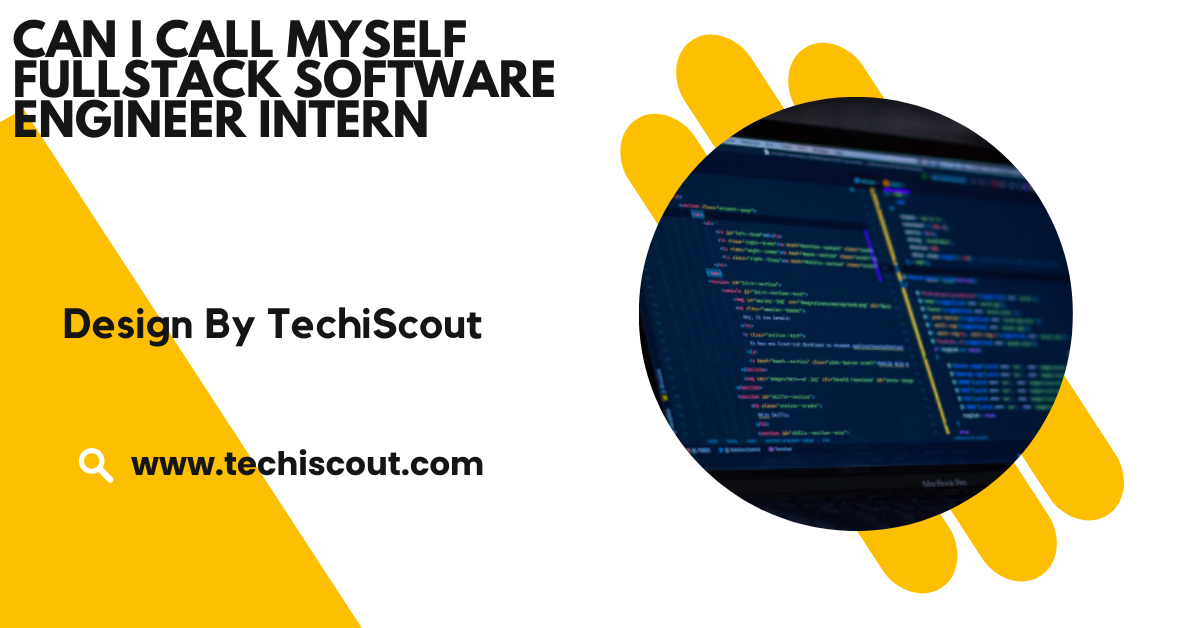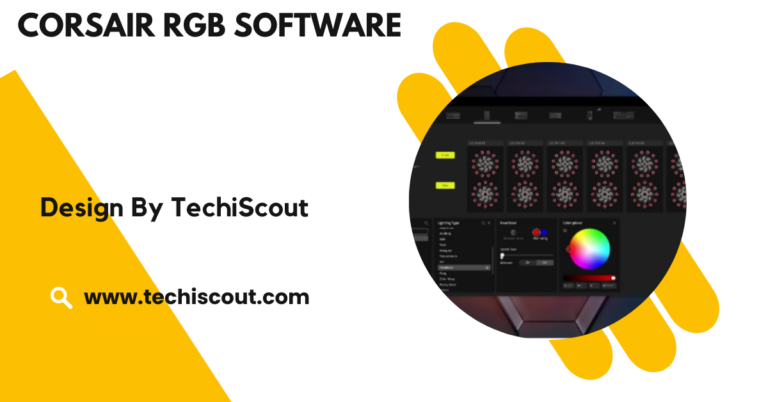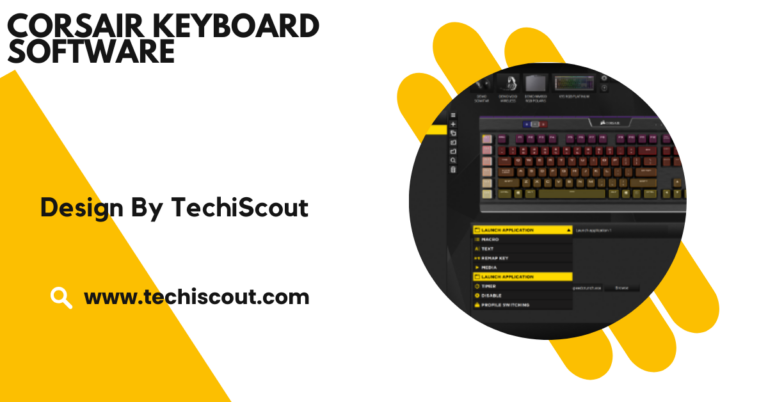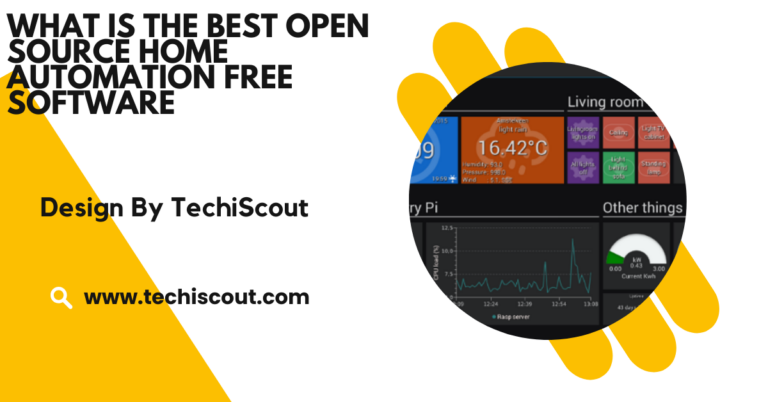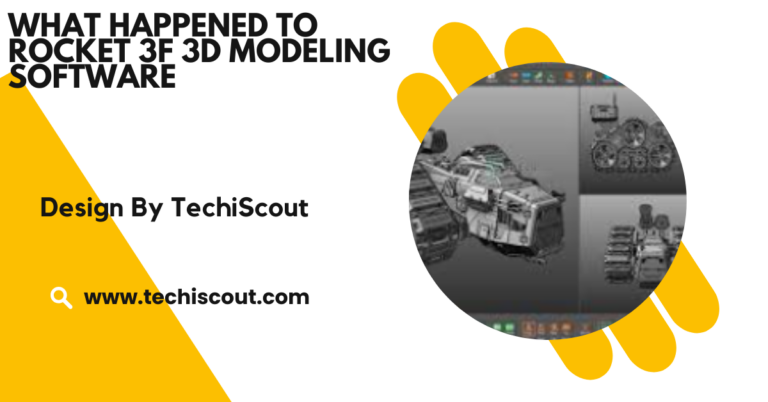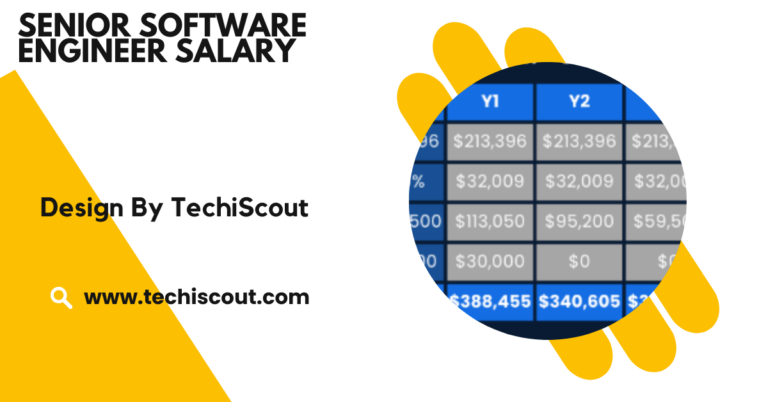Can I Call Myself Fullstack Software Engineer Intern- Everything You Need to Know!
Yes, You can call yourself a full-stack software engineer intern with foundational frontend and backend skills.
This article will delve into the nuances of what it means to be a full-stack software engineer intern, the skills required, the responsibilities it entails, and whether you can confidently claim the title.
Table of Contents
Understanding the Full-Stack Software Engineer Role:
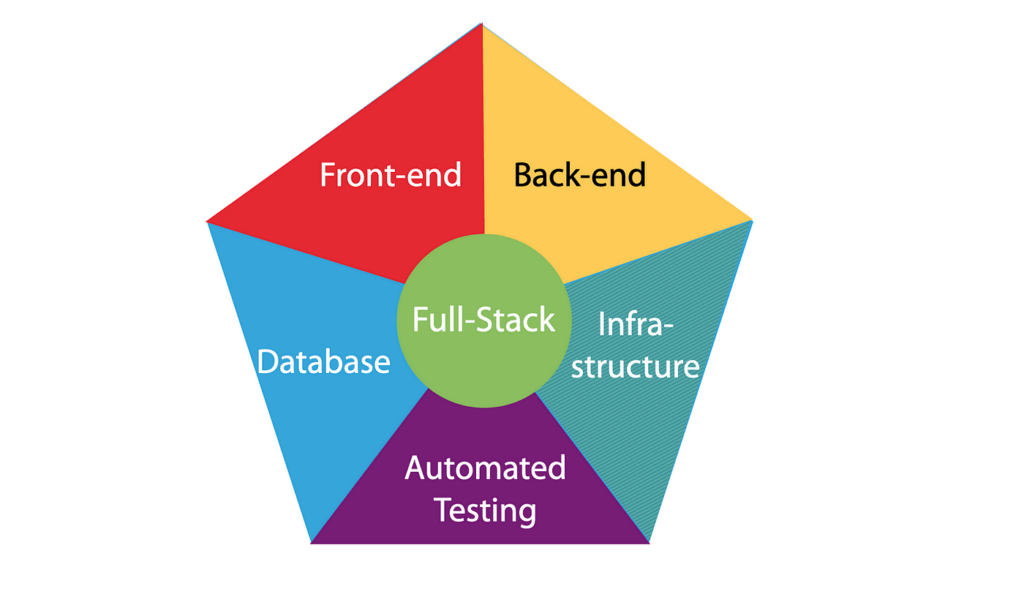
A full-stack developer is proficient in both frontend and backend development, covering the complete technology stack required to create and maintain web applications.
The frontend involves building the user interface (UI) and user experience (UX), while the backend encompasses server-side logic, databases, and application architecture.
Key technologies for full-stack developers include:
- Frontend: HTML, CSS, JavaScript, frameworks like React, Angular, or Vue.js.
- Backend: Node.js, Python, Java, Ruby, or PHP, often paired with frameworks like Express.js, Django, or Spring.
- Databases: MySQL, PostgreSQL, MongoDB, or Firebase.
- DevOps/Version Control: Tools like Docker, Git, Jenkins, and cloud platforms.
What Does a Full-Stack Software Engineer Intern Do:
As an intern, your role may involve supporting software development teams by contributing to both frontend and backend tasks. While you may not lead projects, you’ll likely assist in:
- Writing and debugging code.
- Collaborating on system architecture.
- Testing and deploying features.
- Learning and implementing new technologies.
Can You Call Yourself a Full-Stack Software Engineer Intern:
Assess Your Skills
Before adopting the title, reflect on your technical proficiency. Employers generally expect the following competencies in a full-stack software engineer intern:
- Basic Frontend Skills: Familiarity with HTML, CSS, and JavaScript, as well as a framework like React or Angular.
- Basic Backend Skills: Knowledge of server-side programming, APIs, and handling databases.
- Problem-Solving: The ability to debug and optimize code effectively.
- Version Control: Experience with Git or similar tools for collaborative development.
If you possess foundational skills in both frontend and backend development, calling yourself a full-stack software engineer intern is justifiable. However, transparency about your proficiency level is crucial, especially during interviews or on resumes.
Read More: Can Having Other Antivirus Software Cause Pc To Sluggish
Experience Matters
An internship title reflects your role and contributions to the organization. If your internship involves tasks across the stack—such as designing UI components and creating API endpoints—you can confidently use the title.
Conversely, if your internship focuses solely on frontend or backend development, it’s better to describe your role accordingly.
For example:
- “Frontend Software Engineer Intern”
- “Backend Software Engineer Intern”
How to Qualify as a Full-Stack Software Engineer Intern
If you’re aspiring to adopt the title, here’s a roadmap to enhance your skills and confidently identify as a full-stack software engineer intern.
Master the Basics:
Start with the fundamentals:
- Frontend: Learn HTML, CSS, and JavaScript.
- Backend: Understand the basics of server-side programming languages like Node.js or Python.
Build Real Projects:
Practical experience is essential. Create projects that demonstrate your full-stack capabilities, such as:
- A blog platform with a frontend interface and a backend database.
- A task management app with user authentication.
Learn Version Control:
Collaborative tools like Git and platforms like GitHub are industry standards. Familiarize yourself with creating branches, resolving conflicts, and committing changes.
Explore Databases:
Understanding relational and non-relational databases is vital. Practice building CRUD (Create, Read, Update, Delete) applications to grasp database interactions.
Understand Deployment:
Learn how to deploy applications using platforms like Heroku, AWS, or Netlify to showcase end-to-end project management.
Participate in Open Source:
Contributing to open-source projects exposes you to real-world codebases and collaborative development.
Advantages of Using the Title
Using “full-stack software engineer intern” as your title has benefits:
- Clarity: It accurately reflects your capability to work across the stack.
- Attracts Opportunities: Highlighting versatility may make you appealing to employers.
- Growth-Oriented Mindset: It positions you as someone eager to learn and contribute to all aspects of development.
Potential Drawbacks:
While using the title “Full-Stack Software Engineer Intern” has its advantages, it comes with potential risks that should not be overlooked:
Misrepresentation:
Overstating your skills can lead to issues during interviews or evaluations. Employers may ask technical questions or assign tasks that exceed your current capabilities, which can damage your credibility and confidence.
Unrealistic Expectations:
Claiming the title might lead employers or team members to expect proficiency in advanced full-stack concepts, tools, or workflows, potentially putting you under pressure to perform beyond your skill level.
Skill Gaps:
If you lack comprehensive knowledge of either frontend or backend technologies, you might struggle to meet the demands of the role, leading to frustration for both you and your team.
Reputation Risks:
A mismatch between your skills and the title can create doubts about your honesty and reliability, potentially impacting future opportunities.
Stifled Growth Opportunities:
Adopting the title prematurely might limit your openness to learning and focusing on specific areas where you need improvement, as you might feel pressured to meet the expectations associated with the title.
Read More: What Happens If You Ignore A Source Available Software
Balancing Confidence and Honesty
To avoid pitfalls:
- Be transparent about your skill level and eagerness to learn.
- Clearly outline your internship responsibilities on your resume or LinkedIn profile.
For instance:
- Instead of writing “Developed full-stack applications,” say, “Assisted in building full-stack applications under supervision.”
- Use phrases like “Proficient in foundational frontend and backend technologies.”
Preparing for a Full-Stack Internship
Here’s a checklist to ensure you’re ready to take on the role:
- Portfolio: Showcase your projects on GitHub or personal websites.
- Resume: Highlight relevant coursework, certifications, and skills.
- Networking: Connect with professionals on LinkedIn or attend hackathons.
- Interview Preparation: Practice coding challenges and system design questions.
FAQs
1. What is a full-stack software engineer intern?
A full-stack software engineer intern works on both frontend (UI/UX) and backend (server-side logic, databases) tasks during their internship.
2. Can I call myself a full-stack intern without advanced skills?
Yes, as long as you possess basic knowledge of frontend and backend development and are involved in related tasks during your internship.
3. What skills are needed for a full-stack internship?
Foundational knowledge of HTML, CSS, JavaScript, a backend language like Node.js or Python, and familiarity with databases and Git are essential.
4. How can I become a full-stack software engineer intern?
Build a portfolio, learn full-stack technologies, work on real projects, and gain practical experience through internships or open-source contributions.
5. What should I include in my resume for this title?
Highlight relevant projects, your skills in frontend and backend development, and any experience deploying or collaborating on software applications.
Conclusion:
So, can you call yourself a full-stack software engineer intern? The answer lies in your skill set and role responsibilities. If you’re actively working across the technology stack and possess basic frontend and backend skills, you’ve earned the title. However, honesty and clarity are key to maintaining credibility.
